Music concerts have an ability to create lasting memories and leave a profound impact on those who attend. The key to a music concert doesn’t solely rely on the artist’s performance. Also involves meticulous planning and flawless execution of the event itself.
Orchestrating the event plays a role in ensuring that every aspect of the concert seamlessly aligns, delivering an unforgettable experience for the audience.
In this article we will explore expert strategies for hosting an memorable music concert covering everything from pre to post event analysis.
1. Understand Your Audience
The foundation of a triumphant music concert starts with gaining an understanding of your target audience. Different genres attract demographics so it’s crucial to grasp your audience’s preferences, age groups and interests.
Conducting market research analyzing data from events and utilizing social media analytics can provide insights into your audience’s demographics. This comprehension will guide you in making decisions about the lineup venue selection and overall theme of the concert.
2. Strategic Venue Selection
Choosing the venue is a decision that can significantly influence the success of your music concert. Consider factors such as capacity, acoustics, location and accessibility when making this choice. The venue should complement both the genre of music being performed and the scale of your concert.
3. Curating an Impressive Lineup
As for selecting artists for the lineup this is the heart of any music concert. It’s important to curate a selection of performers that can elevate the event and attract a range of attendees.
Mixing established headliners with emerging talents creates a dynamic program. Collaborating with artists who complement each other ensures a flow throughout the concert.
It’s also essential to negotiate contracts taking into account artist availability, travel arrangements and accommodation. A thought out lineup contributes significantly to the appeal and success of the concert.
4. Comprehensive Marketing Strategy
To make your music concert successful you’ll need a marketing strategy that generates awareness and excitement. Utilize channels such as media platforms, email newsletters, press releases or even partnerships with influencers or local businesses.
Implementing countdown strategies builds anticipation among attendees while releasing teaser content and behind the scenes glimpses to them.
Additionally visual elements, like eye catching posters or promotional videos can help establish a brand presence. Interacting with your audience inspires them to share their content and establish a unique hashtag to boost your visibility on social media platforms.
5. Seamless Ticketing and Entry Process
A smooth and efficient ticketing process plays a role in enhancing the concert experience. It is advisable to implement user ticket platforms that make purchasing easy and provide detailed information about seating arrangements and pricing options.
Offering bird discounts or exclusive packages can encourage people to buy tickets in advance. On the day of the event ensure a hassle entry process with trained staff and clearly marked queues.
Take advantage of technology like ticketing apps to speed up entry and minimize waiting times.
6. Event Logistics and Technical Production
When it comes to organizing a music concert, flawless logistics and technical production are crucial for success. Collaborate closely with event planners, sound engineers and production teams to handle every aspect, from stage setup to lighting and sound equipment.
Rehearse with performers beforehand to address any issues and conduct sound checks for optimal audio quality. Be prepared for challenges such as weather conditions for events by having contingency plans in place.
An executed technical production ensures that the audience can fully focus on enjoying the music and overall experience.
7. Audience Engagement and Interactivity
To create a memorable music concert experience it is important to engage the audience throughout the event. Consider incorporating Co2 Jet Special Effects as it helps keep audience involved and excited throughout the concert.
Make sure to set up designated areas where people can take photos during the concert and encourage them to share their experiences, on media.
You could also consider incorporating technologies like reality or augmented reality to make the concert experience more immersive. When attendees are engaged and satisfied they’re more likely to spread word of mouth which will contribute to the success of events.
8. VIP and Sponsorship Experiences
Another way to enhance the concert experience is by offering VIP packages for selected attendees. These packages can include perks like premium seating, backstage access and opportunities to meet the artists.
Collaborating with sponsors can help create branded experiences that align with the theme of the concert. Sponsorship deals not provide funding but also establish mutually beneficial partnerships.
It’s important to ensure that VIP and sponsor experiences seamlessly integrate with the flow of the concert without disrupting the event while enhancing exclusivity.
9. Post-Event Analysis and Feedback
Once the music concert wraps up there’s still work to be done. Conduct an analysis after the event to evaluate its success and identify areas for improvement. Collect feedback from attendees through surveys and social media to understand what went well.
What can be improved upon. Analyze ticket sales, audience demographics and social media engagement metrics to measure the impact of the event.
Utilize this information to enhance strategies, streamline planning processes and build upon the achievements of your music concerts.
10. Sustainability and Social Responsibility
In todays world audiences value events that prioritize sustainability and social responsibility. Implement practices like reducing waste, establishing recycling programs and utilizing energy efficient lighting systems.
Consider collaborating with charities or supporting causes that align with your audience’s values. Promote your commitment to sustainability and social responsibility through marketing channels highlighting how the concert positively impacts both the community and the environment.
Demonstrating dedication to these values can enhance your events reputation while attracting attendees.
Conclusion
Organizing a memorable music concert requires planning, meticulous attention to detail as well as a profound understanding of your audience’s preferences.
From the beginning of conducting market research and choosing a venue to the analysis conducted after the event and gathering feedback each stage plays a significant role in the overall triumph of the concert.
By incorporating these tactics you can guarantee that your music concert not fulfills but surpasses the expectations of your audience leaving a memorable impact and creating a foundation for future prosperous events.


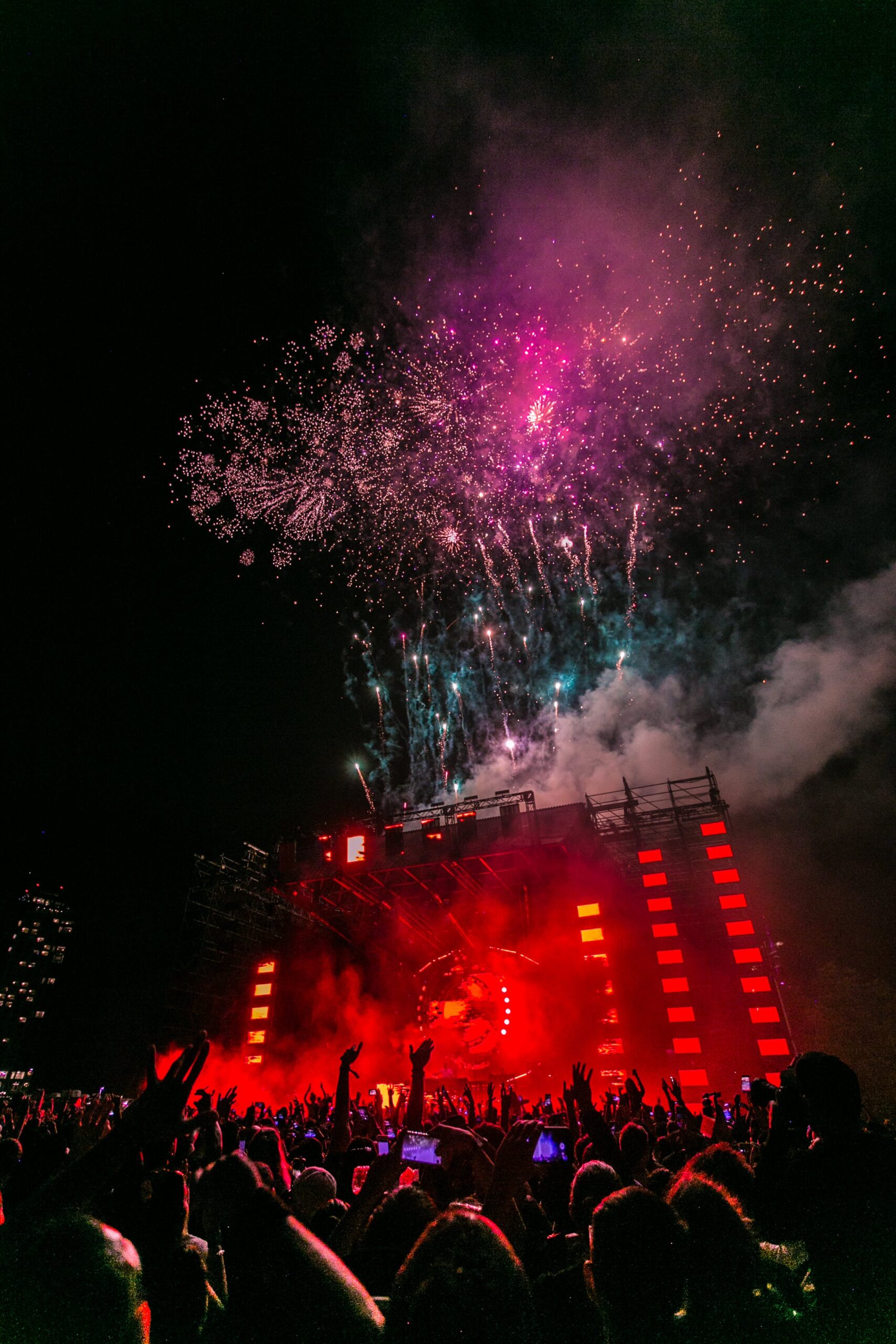
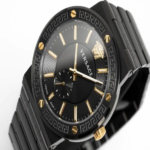





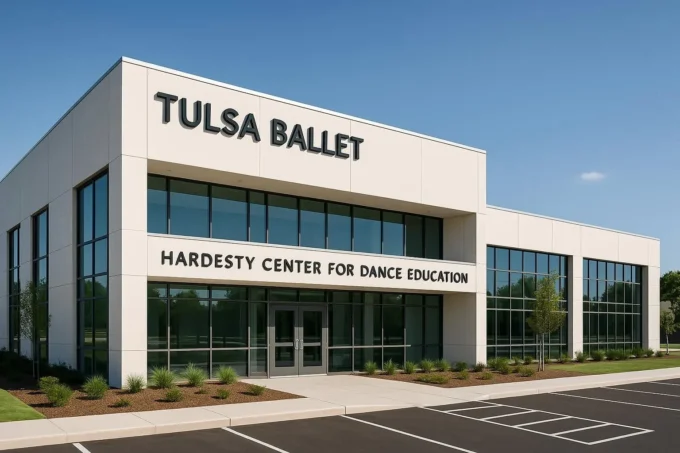
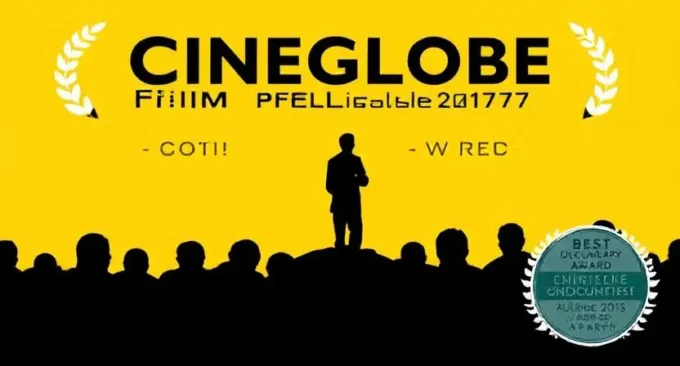
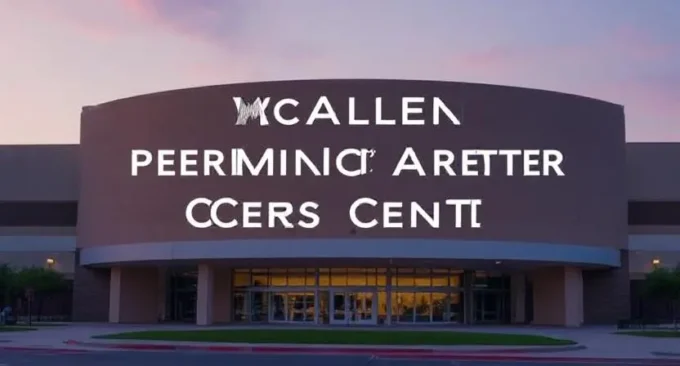



Leave a comment